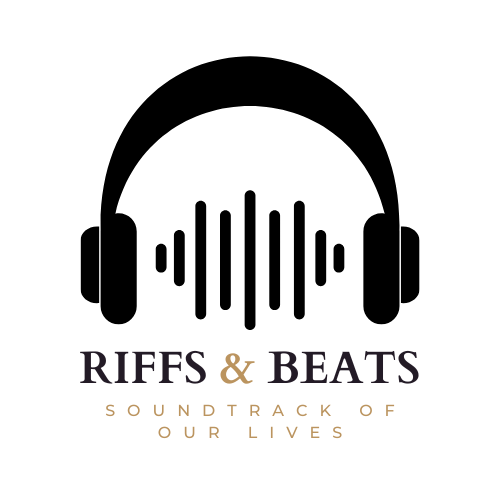Electro manga daydreams
Discovery, published in 2001, appeared like a revelation draped in sequins, an album that reinvented electronic music not as a cool disconnect but rather as a vibrant celebration. Following the rough textures and club grit of Homework, Thomas Bangalter and Guy-Manuel de Homem-Christo turned their focus toward the emotional terrains of childhood, pop culture, and invented future. With Discovery, they created a world where synthesizers mourned, guitars shimmered, and drum machines pounded like hearts beneath neon skies. This album was made to feel with as well as to move to; it was dynamic, lighthearted, filmic, and meant to last.
Though their goal went far beyond geography, the sessions started in bedrooms and studios throughout Paris. Daft Punk devoured their inspirations, disco, glam rock, Japanese animation, Chicago house, French touch, and filtered them through a lens of nostalgia and science fiction. Choosing warmth over exactness, they captured using ancient vocoders and analog equipment. The result was a sound both timeless and futuristic. With its filtered brass stabs and Romanthony’s euphoric voice, One More Time turned into a worldwide hymn, immediately recognizable and always happy. It opened the gateway to the album’s world with outstretched arms.
Under every track is a preoccupation with reinvention. A solo created on a modified guitar sample spirals upward in Digital Love like a dream that resists disappearing. The lyrics express longing and separation, delivered in vocodered honesty, while the tune embodies the mood of 1980s fantasy movies. Millions of people were introduced to chopped vocal loops as musical instruments through Harder, Better, Faster, Stronger—an ode to change and resiliency. Later, Kanye West would borrow its spine for Stronger, exposing Daft Punk’s legacy to a fresh generation and solidating the duo’s position in the pantheon of cross-genre influence.
Its effects depended heavily on the Discovery’s visual environment. Directed by Kazuhisa Takenouchi and made with Leiji Matsumoto, Interstella 5555, an animated sci-fi opera, drew its music from the album. Every song turned into a chapter in a cosmic adventure, combining music and pictures into something transcendental. Few albums from the time had this great interest in narrative outside music. Daft Punk developed a cosmology in which machines could have feeling and melodies could communicate throughout galaxies. Declarations of artistic purpose, symbols of a pair who valued mystery above egotism, the robotic helmets were not disguises.
Discovery is a towering, persuasive tour de force that transcends the dance label with no shortage of ideas, humour, or brilliance.
(Q Magazine, 2001)
Something About Us decreased things down to a pulse and a whisper. Offering compassion devoid of irony, it was a love song with jazz chords and space-funk mood. Created in cooperation with Todd Edwards, Face to Face used sample fragments to create emotional momentum and convert chopped vocals into confessions. Each beat on Discovery feels thoughtfully placed, every synth line fashioned to evoke memories you never knew you had. The record encourages you in, then passes you the controls; it does not aim to control.
Discovery’s cultural impact is extensive and all-encompassing. Electro-pop’s ascent, the softness restored to club music, and the visual audacity of artists who dared to envision outside the album shape all reflect its DNA. Justice, Madeon, Porter Robinson, The Weeknd, all have felt the shine Daft Punk started. Discovery revolutionized the game live as well. It was the Discovery aesthetic, both in sound and spirit, that transformed the pair’s pyramid stage in 2006 into legend. Music evolved into architecture. Rhythm turned light.
Still a great work of emotion and engineering, Discovery is a sonic celebration of innocence filtered through experience. It never aged since it was never connected to a time. It dwells in its own realm where dreams can loop forever and pleasure is created from machines. Daft Punk opened a gate rather than just producing an album. Like sunlight reflected through mirror glass, what came through still shines today.





